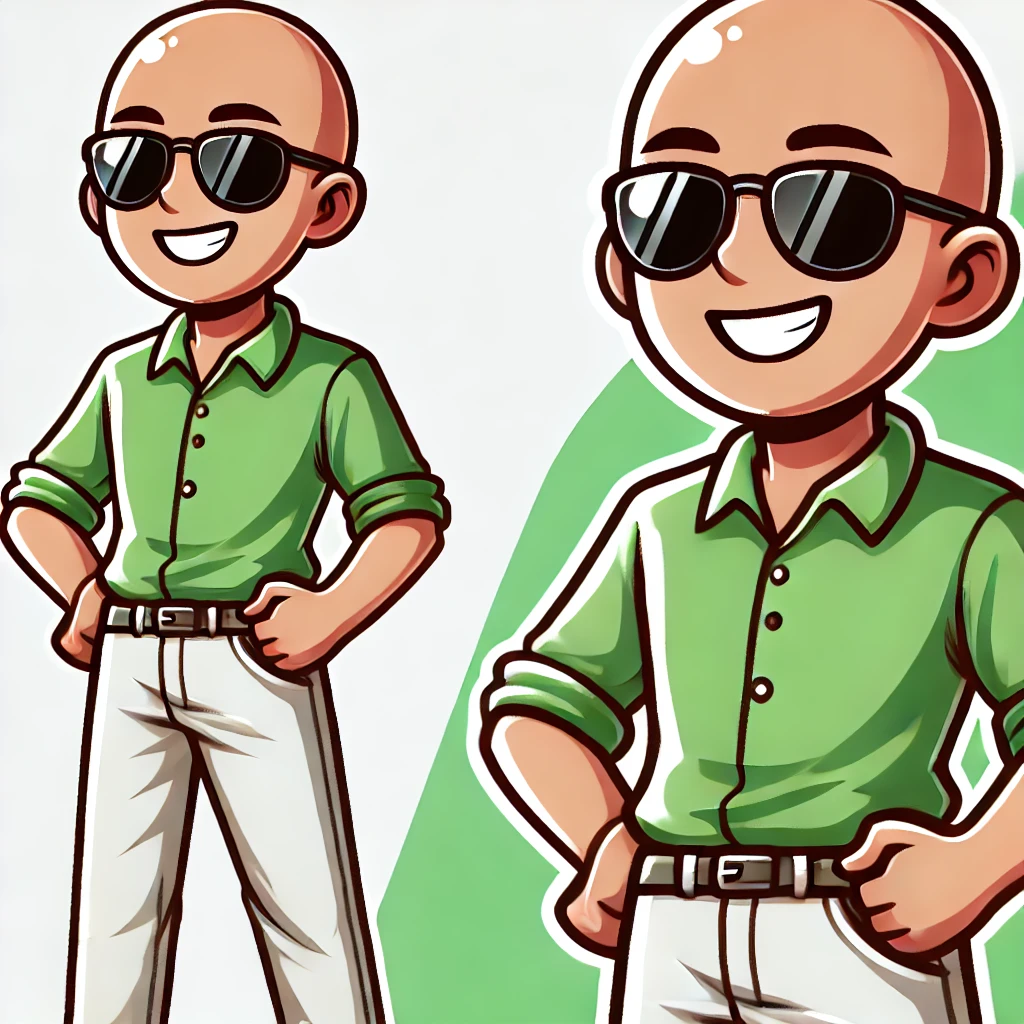Hey there, Positive Phil here, diving into a topic that hits hard for many of us cruising through our 50s. Imagine you’re catching up with a high school buddy, a great guy who’s still chasing the party life—think weekly cocaine binges, living like it’s still the ’90s. You drop a hint that the woman he’s into might not vibe with that scene, maybe saying, “She probably won’t want that in her man’s life.” Next thing you know, he’s firing back, “Why you gotta go there?” or even, “You’re just getting old, man, ‘cause you’re not doing this!” Ouch. Things get heated, and now you’re stuck wondering how to keep the friendship tight without dodging the real stuff. Let’s unpack this with heart and some hard-hitting facts.
Why Defensiveness Kicks In
When your friend snaps back, especially with that “you’re getting old” jab, it’s not just about your words. It’s personal. Partying hard, especially with substances like cocaine, can feel like a core part of who they are—a way to stay young, free, or dodge life’s stresses. Your comment about their lifestyle clashing with a potential relationship hits a nerve, maybe because deep down, they’re wrestling with doubts about keeping up this pace in their 50s. And that “you’re getting old” line? It’s a deflection, a way to flip the script and avoid facing those doubts.
Here’s the real talk: cocaine isn’t just a party vibe. It’s risky, especially as we age. According to the CDC, drug overdose deaths in the U.S. have skyrocketed, with over 100,000 fatalities in 2021 alone, and cocaine was involved in about 23% of those cases. For folks over 50, the risks are even higher—heart issues, strokes, and addiction hit harder as our bodies slow down. Your friend’s weekly habit isn’t just a fun night out; it’s playing roulette with their health and future.
How to Handle It Like a True Friend
You care about this guy, and you want him to thrive—maybe with that new woman he’s into or just for his own sake. Here’s how to move forward without losing the bond:
-
Pause and Reflect: Before you respond to that “you’re getting old” jab, take a breath. Their defensiveness isn’t about you aging out; it’s about them feeling called out. Your goal isn’t to shame them but to help them see what’s at stake—like their health or a shot at a solid relationship.
-
Own the Moment: Clear the air after the fight. Try, “Hey, man, I didn’t mean to come at you. I just want you to be good, especially with this new girl.” This shows you’re not judging, just looking out. It also softens the ground for deeper talks.
-
Flip the “Getting Old” Narrative: That “you’re getting old” comment stings, but don’t take the bait. Instead, reframe it: choosing not to party like it’s 1999 isn’t about being old—it’s about being wise. You’re prioritizing long-term wins, like health and connection. Share that vibe: “Nah, man, I’m just trying to stick around for the good stuff—maybe you could try it too.”
-
Bring the Facts, Gently: You don’t need to lecture, but a little reality check can help. Cocaine’s no joke—beyond overdoses, it’s linked to heart attacks (a 7x higher risk during use, per the American Heart Association) and mental health struggles like anxiety or paranoia. If he’s doing “blow” every week, that’s a red flag for addiction, which can tank relationships and health. Maybe say, “I just read some wild stats about how this stuff messes with you over time—makes me worry about you.”
-
Focus on the Future: Tie it to his goals. If he’s into this woman, ask what she’s about. Does she value a chill, healthy vibe? Suggest exploring that together—maybe a date night without substances. It’s not about quitting cold turkey; it’s about opening doors to something new.
-
Offer Support, Not Sermons: If his partying feels out of control, nudge him toward help. Therapists, support groups like Narcotics Anonymous, or even habit-tracking apps can be game-changers. Frame it as strength: “Takes guts to look at your habits and make moves for the long haul.”
The Bigger Picture: Growth Over Ego
Your friend’s “you’re getting old” jab and defensiveness are signs they’re grappling with something deeper—maybe fear of change or losing that party-life identity. You’re not the bad guy for pointing out that weekly cocaine use might not mesh with a new relationship or a healthy future. True friends speak up, not to judge, but to lift each other up.
Think about it: in our 50s, we’re not just chasing highs; we’re building legacies. That might mean love, stronger friendships, or just more years to enjoy life. The National Institute on Drug Abuse notes that cocaine use disorders often peak in midlife, but recovery rates improve with support and small steps. Your friend doesn’t have to ditch the fun—they can just dial it back to protect what matters.
If this hits home, take a moment. Reflect on what you want: a great relationship, a healthy body, or epic memories with your crew. And if you’re the friend trying to help? Keep showing up with love, not lectures. That’s how we grow together.
Drop your thoughts or stories below (anonymously if you like). Let’s keep it real and keep it positive.
Stay strong,
Positive Phil
Stay true,
Positive Phil


















